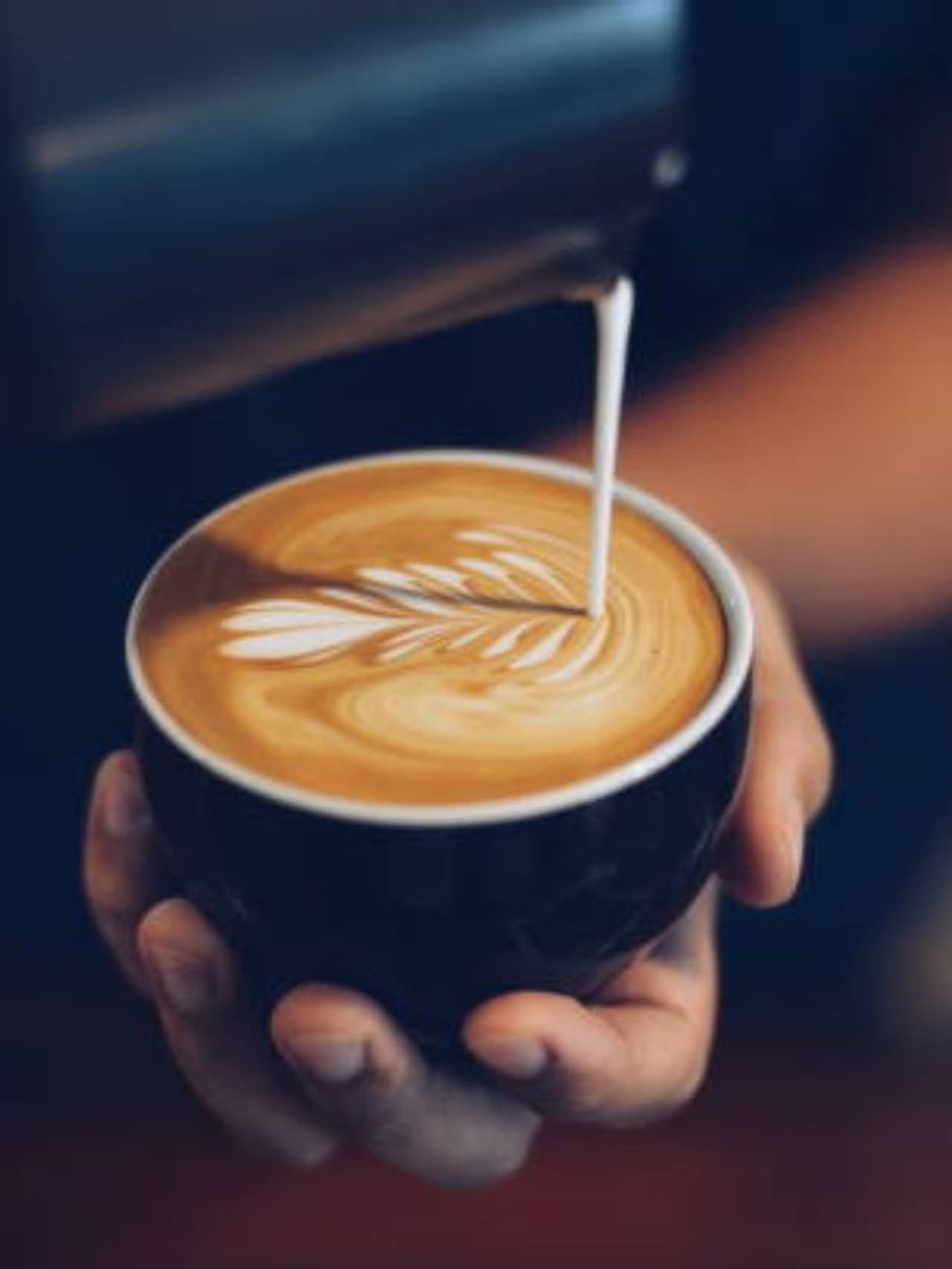THIS happens if you drink coffee or tea after your meals! Read health impacts
Discover the health impacts of drinking coffee and tea after meals. Learn the best practices for consuming these beverages for optimal well-being.

Drinking Coffee Tea After Meal
Many of us start our day with coffee or tea. While tea and coffee provide a good start to our day, many people make it a habit to drink coffee or tea before or after their meals. But this is not good for health. Drinking coffee after a meal will affect how your body reacts to caffeine.
It can also affect how our body absorbs various vitamins and minerals. Recently, the Indian Council of Medical Research (ICMR) released dietary guidelines for Indians, which recommend not drinking coffee and tea before and after meals.
Why not drink tea and coffee before and after meals?
The Indian Council of Medical Research recommends that tea and coffee should not be consumed within an hour before and after meals. Excessive consumption of caffeine in tea and coffee can stimulate the nervous system and have physiological effects. The main reason for this is that it can also affect how our body absorbs iron.

Drinking Coffee Tea After Meal
Both tea and coffee contain tannins, compounds that can bind iron in the stomach. So, when tea and coffee are not too close to food, we give our body a chance to absorb iron better. This can prevent conditions like anemia.
How much tea and coffee should you drink per day?
The recommended amount of tea and coffee is 300 mg of caffeine per day. A 150 ml cup of coffee contains 80-120mg of caffeine, while instant coffee contains 50-60 mg of caffeine. When it comes to tea, a cup of tea contains 30 to 65 milligrams of caffeine. It is important to keep these figures in mind when you drink coffee or tea.
Drinking Coffee Tea After Meal
Side Effects
Caffeine is a natural stimulant. It is used in tea, coffee, chocolate, energy drinks and soft drinks. While moderate consumption of caffeine makes you more alert and relieves fatigue, it is essential to limit your caffeine intake. From overstimulating the brain to problems like insomnia and digestive problems, excessive caffeine consumption can be very harmful to your health.
What is a healthy way to drink tea and coffee?
Tea and coffee contain tannins and these are acidic. People who suffer from problems like acidity may experience increased heartburn when they drink tea and coffee on an empty stomach first thing in the morning. Studies show that the bitterness of coffee also stimulates the release of acid in the stomach. This causes problems like heartburn.
Drinking Coffee Tea After Meal
Both coffee and tea contain significant amounts of caffeine, and drinking it before bed can disrupt your sleep patterns. According to the US Food and Drug Administration, caffeine should not be consumed four to six hours before bed. Keeping in mind the caffeine content, make sure that you are not taking caffeine above the recommended limit.
Experts recommend consuming only 400 milligrams of caffeine per day. That means we can drink four to five cups of tea or coffee. However, it depends on how sensitive your body is to caffeine. Also, if you are suffering from some underlying health conditions or are pregnant or breastfeeding, it is best to drink coffee and tea as per your doctor's advice.
Drinking Coffee Tea After Meal
It is good to drink black tea instead of tea with milk. It has many health benefits like reducing the risk of heart disease and stomach cancer, improving blood circulation. Black coffee is low in calories, as well as many health benefits such as improving mental alertness and clarity, reducing the risk of diabetes and heart disease. However, it is good to drink these in moderation.
While drinking tea and coffee can help combat fatigue and stress, it is important to note that it is important to drink these beverages at the right time, in the right amount and in the right way.
Explore the latest Lifestyle News covering fashion, wellness, travel, Food and Recipes, and more. Stay updated with trending Health News, fitness tips, and expert insights to inspire your daily living. Discover personalized lifestyle trends that keep you stylish and informed. Download the Asianet News Official App from the Android Play Store and iPhone App Store for everything that adds value to your everyday life.